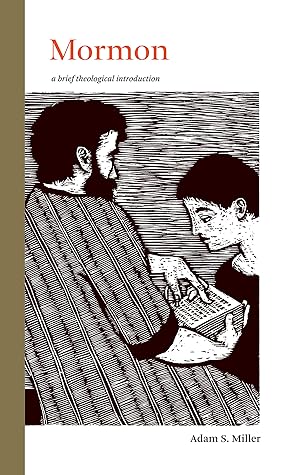More on this book
Kindle Notes & Highlights
that living through the end of the world (on any number of scales) is the fundamental framework for Christian discipleship of any kind—by anyone, in any world, in any age.
Resurrection is the promise that, in Christ, life can continue to pass, not that it will finally stop passing.
Sin is, at bottom, the business of living in denial. It’s a failure to witness. As a bone-deep existential bearing, sin is a complex but self-reinforcing feedback loop of ideas, intentions, emotions, actions, moods, and inherited strategies geared to accomplish one thing: to refuse, with a fisted grip, the end of the world. Sin refuses re/creation.
Sin, as the Christian tradition at large has long insisted, is what happens when we choose to love the fragility of created things more
Success and wealth are not inherently meaningful. Though goodness may tend toward prosperity, material prosperity isn’t necessarily a bellwether of divine favor. All treasures are slippery and they cannot insulate us from the loss of all things.
Mormon, living through the end of the world, learns how to love without, in the process, hoping that his love will prevent the world from ending.
Sacrificing his hope that loving the Nephites would save them, he continues to love them anyway.
The work of love, regardless of what outcomes it generates, is always worth doing for its own sake.


